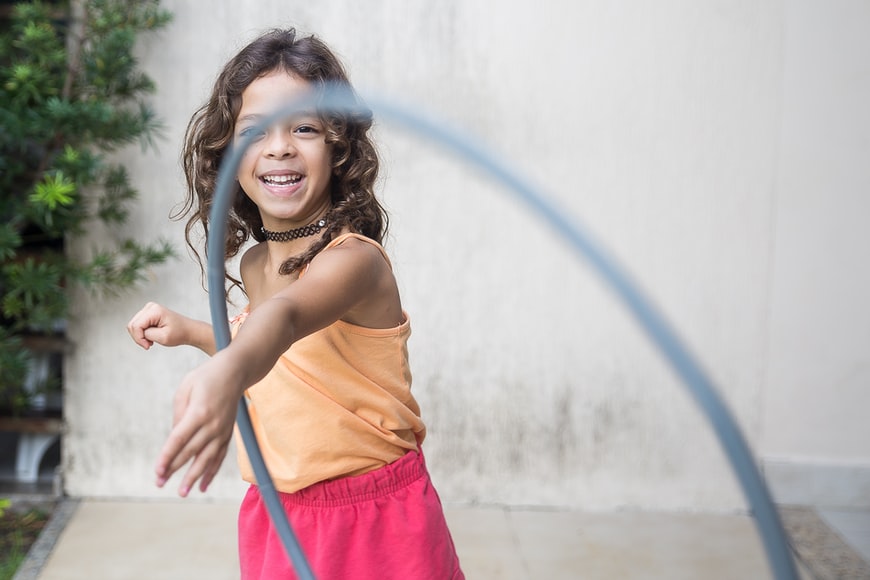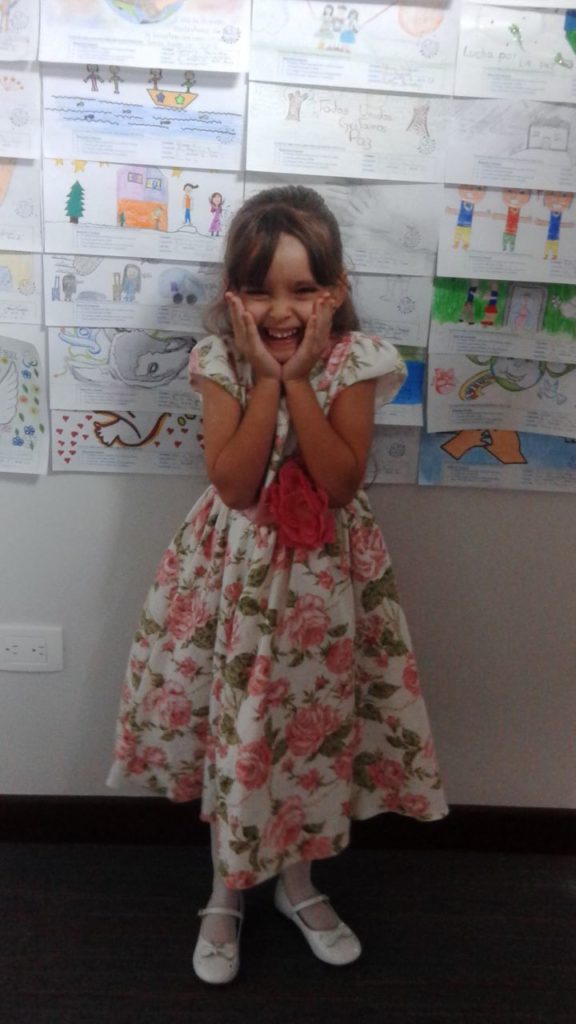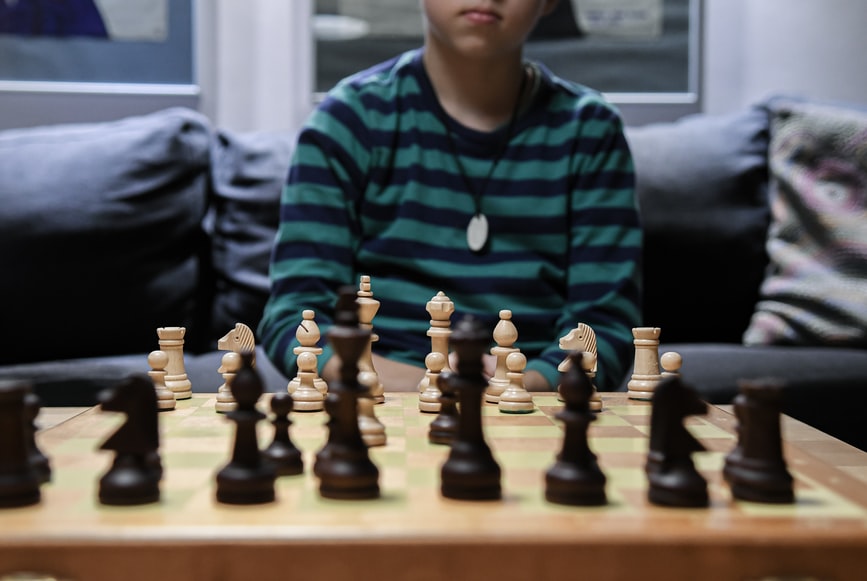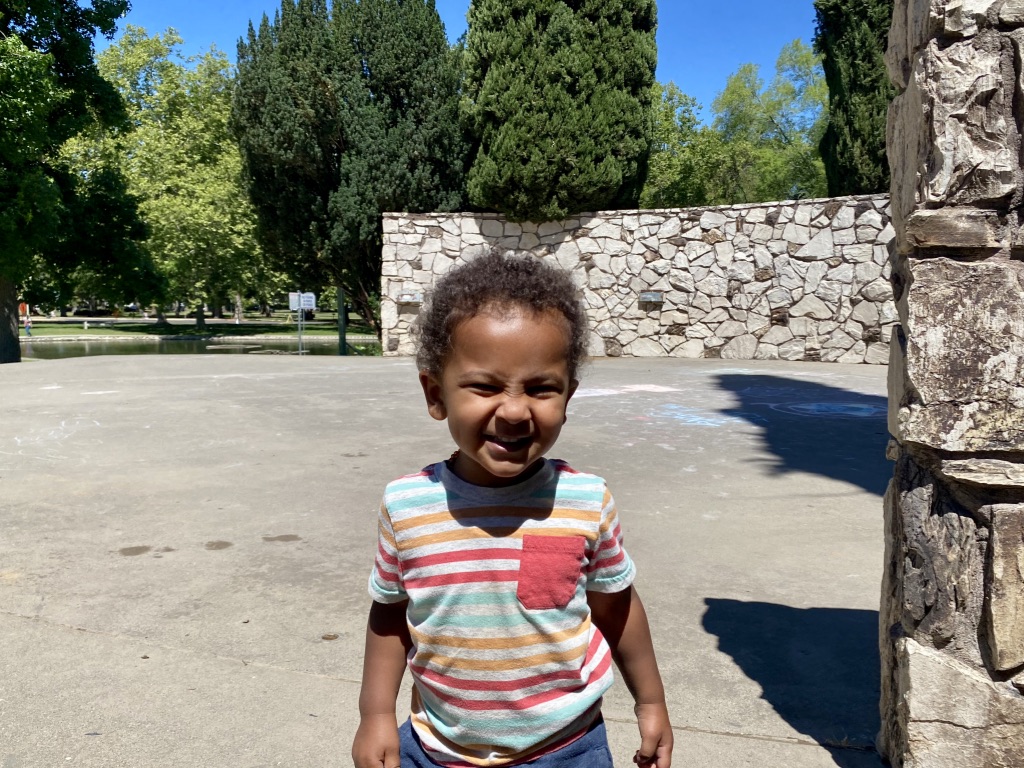
Pros & Cons: Extracurricular Activities for Kids

Most parents want their kids involved in extracurricular activities for the positive results yielded on their children’s physical and mental health (not to mention those future college applications). Staying active with peers after sitting in a classroom all day can improve the overall functioning of children, suggests Dr. Harpreet Kaur, a licensed clinical psychologist for kids and teens at CHOC in Orange County, California. While there are advantages gained in keeping kids actively engaged in interests outside of school, it can be detrimental if the pressure becomes too overwhelming. This is the tricky part. How do parents know when the fun ends and the pressure on our children and us begins? We’ve researched expert advice to help parents find a healthy balance in scheduling after school activities for their children.
The Pros

We’re not saying to ban all outside hobbies from your child’s schedule. Activities like theater, dance, sports, or science provide growth and development opportunities for kids that they need to become healthy adults one day. They’ll learn more about their own interests, passions and talents while developing time management and organizational skills. They’ll learn about successes and failures and grow from each experience. As schools continue to decrease recess and physical education hours, the physical play time outside of school is obviously a huge benefit for kids. It allows them to have social interactions while getting their energy out after school. This can aid in their ability to settle down in the evening and fall (and stay) asleep.
There is also an advantage to having structured time after school each day for your children. Kids do well on a schedule when they know what to expect each day when school is out. It can also keep older children occupied for the few hours between school and when parents come home from work, protecting against more dangerous activities. “Once kids get into middle school and high school,” says clinical psychologist Dr. Mary Rooney, “the hour or two after school is the highest risk time for dangerous behaviors like substance abuse, because it’s the largest chunk of time when kids are unmonitored.” So, there are advantages to after-school activities whether they be in sports or the arts or other interests. What the experts agree on is to find a balance that works not only for your kids but also for you as parents.
The Cons

The experts agree that too many activities can be detrimental to a child’s health and mental well being. To determine if your children are too involved in extracurricular activities, ask the following questions:
- Can they still do their homework?
- Can they still get 8+ hours of sleep each night?
- Can they still be a part of your family?
- Can they still hang out with their friends?
“If the answer is ‘no’ to one or more of these, then it’s too much,” says Dr. Jerry Bubrick, a clinical psychologist at the Child Mind Institute. Remember, this is supposed to be a fun experience for your kids. What’s more, they need to be kids for as long as possible without the pressures and stresses that adult life can bring. When the activities start to interfere with the joys of being a kid, it’s no longer fun for them. Not all children are alike. Some may be able to handle and enjoy all the extra activities while others may be overwhelmed and unable to focus. Only you know your child. When your child’s education is failing or he’s having trouble falling or staying asleep, take notice and make a change. Or, if he’s losing interest in an activity like playing with the grass on the field instead of focusing on the game, it may be that he needs to take a step back.
Parents may also feel the struggle of an overwhelming schedule due to kids’ extracurricular activities. These days, most parents are working full-time jobs as well as carpooling from work to activity to dinner to activity to home. That’s a lot of balls to juggle! It’s hard to keep all those balls in the air. Allyson Schneider, a mom of three teenage daughters, feels like most of her time is spent in the car driving to and from activities. “My children play volleyball as well as take piano lessons. Although that’s only two activities, with three daughters, they take up the whole week. It’s hard to find the time to cook a healthy meal and make sure we’re spending family time together in between their lessons each day. So, we’ve decided to dial it back this summer. We’re taking a few months break from extra activities to focus on family.” The key is to listen to your inner voice, parents. If you think you’re doing too much, you probably are spread too thin. And, an unhealthy parent is not what your kids need. They need you more than they need any activity.
Finding Balance

The important part when scheduling extracurricular activities for your children is finding the balance. “Growth and learning abound from extracurriculars, but don’t forget the incredible benefits of unscheduled time,” says Dr. Deborah Gilboa, a family doctor and parenting expert whose recent TEDx talk on the importance of household chores garnered national attention. “Time to be spontaneous, flexibility to finish a project that took longer than expected without stress, the chance to do chores and do them well … all of these teach life skills kids can’t learn when they’re scheduled most minutes of the day.” Creating unscheduled “free time” is important in a child’s life. This is the time when children are most creative, relaxed, and truly themselves. Don’t be afraid to allow your child to have independent time each day before or after school and other activities. Take notice of your child’s behavior, sleep patterns, grades, and mood (as well as your own) to gauge whether or not the activity schedule is working for your family. Finding the balance will take some time, but it’s important in the long run. The best advice comes from the article, Extracurricular Activities: Helping Your Kids Find the Right Balance by Shannon Younger, “Do they love it? The experts all agree that this is the single biggest question to ask your child about an extracurricular activity.” If the answer is no, then there you go. Time to move on.
What activities are your kids participating in? Have you been able to find the balance? We’d love to hear your advice and feedback on scheduling after-school activities for your children and what works for your family. Please connect with us on Instagram @MapsCookingKids or on Twitter @MapsCookingKids. Until next time, Agape, be kind, and happy parenting.





